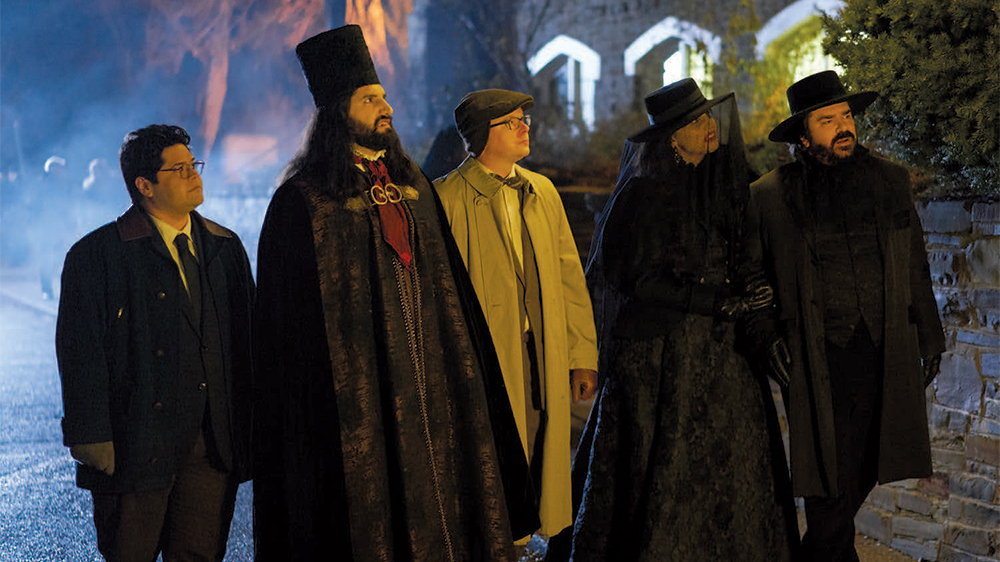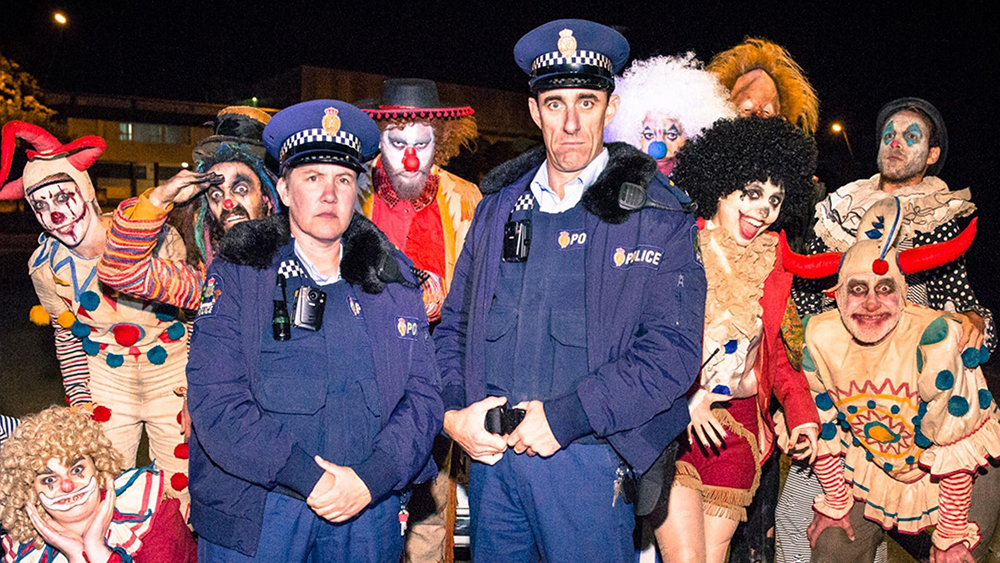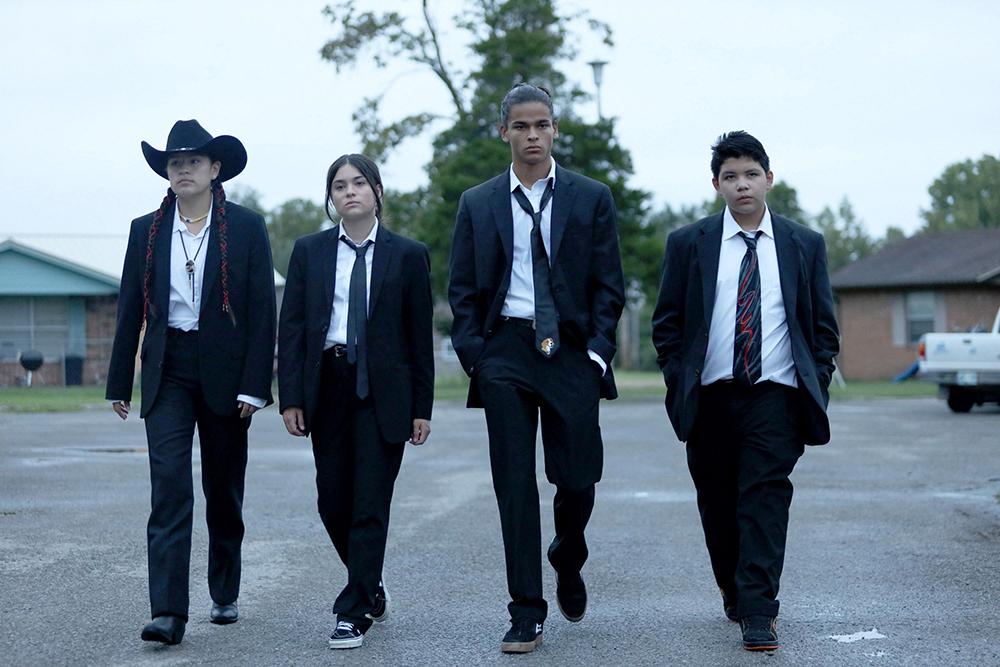When The Simpsons premiered in 1989, it changed the way animation was perceived. Before then, cartoons were for kids on Saturday morning. After The Simpsons became a massive hit, the idea of animation as a conduit for sophisticated humor aimed at adults became acceptable, even ubiquitous.
The family The Simpsons portrayed was based on creator Matt Groening’s childhood memories of a middle class life in the 1960s: a father who worked a 9 to 5 job which paid the family’s bills, and a mother who stayed home to keep house and care for the three children, who went to public school. In 1989, this was already a self-conscious anachronism. The irreverent Simpsons were meant to be a commentary on the conservative model of the nuclear family found in older sitcoms like The Honeymooners and Father Knows Best. Now, 33 years into its run, the middle class world of The Simpsons is all but extinct.
The world of the Belcher family in Bob’s Burgers looks a lot more like America in 2022. Father Bob (voiced by H. Jon Benjamin) and mother Linda (John Roberts) own a small burger joint catering to tourists in the waterfront area of an unnamed New England town. They live in a cramped apartment above the restaurant along with their three kids, Tina (Dan Mintz), Gene (Eugene Mirman), and Louise (Kristen Schaal), who help out at the diner when they’re not in school. Bob’s Burgers has run for 12 seasons on Fox, and the Belchers’ oft-delayed feature film debut has finally made it to the big screen.
The whole family’s wants and needs are neatly summed up in the film’s opening musical number, “Sunny Side Up Summer,” where they make their plans for what to do once school is out. Bob is nervously making a perfect speciality burger to give to his loan officer in the hopes that they can get a payment deferral. But when the banker is unpersuaded by quality fast-casual food, they have a week to get a loan payment together or risk repossession of the kitchen. Just as they’re brainstorming ways to make up their budget deficit, a sinkhole opens in front of the restaurant, making it almost impossible to attract the customers they need. Favorite regular Teddy (Larry Murphy) pitches in by building a food cart so they can take their operation mobile just as the summer tourist season kicks in.
Meanwhile, Louise’s beloved bunny hat has become a source of teasing from the other kids in her class. To prove she isn’t a “baby,” she ventures down into the sinkhole, where she discovers a skeleton that appears to be a murder victim. When Louise rallies the kids to try to solve the mystery, the answers seem to point in the direction of their landlord, Calvin Fischoeder (Kevin Kline).
Created by Lauren Bouchard, whose series Home Movies is a gem of the early ’00s Adult Swim animation boom, The Bob’s Burgers Movie was produced at just the right time, with the writing staff at the top of their game and the core voice-cast still intact. Of course, it’s easier to keep your voice-cast intact when multiple parts are played by voice acting legend H. Jon Benjamin. He has provided the deadpan voice for everyone from the hapless Coach McGuirk on Home Movies to the dipsomaniac super spy Archer, and his perpetually exhausted but ever hopeful Bob provides the emotional core of the show.
All three of the kids have distinct personalities, but they are believably siblings. Tina, the oldest, is an eighth grader obsessed with boys, but not really sure what to do with them. Gene, the middle child, is the most creative, and the master of one-line quip. Louise, with her trademark bunny hat, is the ringleader, but also the most insecure.
While there are some expanded set pieces and fancier-than-normal animation, the film mostly plays like an extended episode of the show. In this case, that’s not a left-handed compliment. The writers deftly juggle individual story lines for the family, as well as Teddy and the Fischoeder family, which includes Zach Galifianakis as brother Felix and David Wain as cousin Grover. I’m not sure this is a full-fledged musical comedy, but music has played a bigger and bigger part of the show for the last few seasons, and the film leans into the welcome trend with standout songs, including a major number by a crew of carnies from the nearby boardwalk amusement park.
The Bob’s Burgers Movie represents a rare success in translating TV animation to the big screen. It’s universal and big-hearted enough to serve as an intro to the excellent series, but if you’re already a fan, it’s a must-see.



